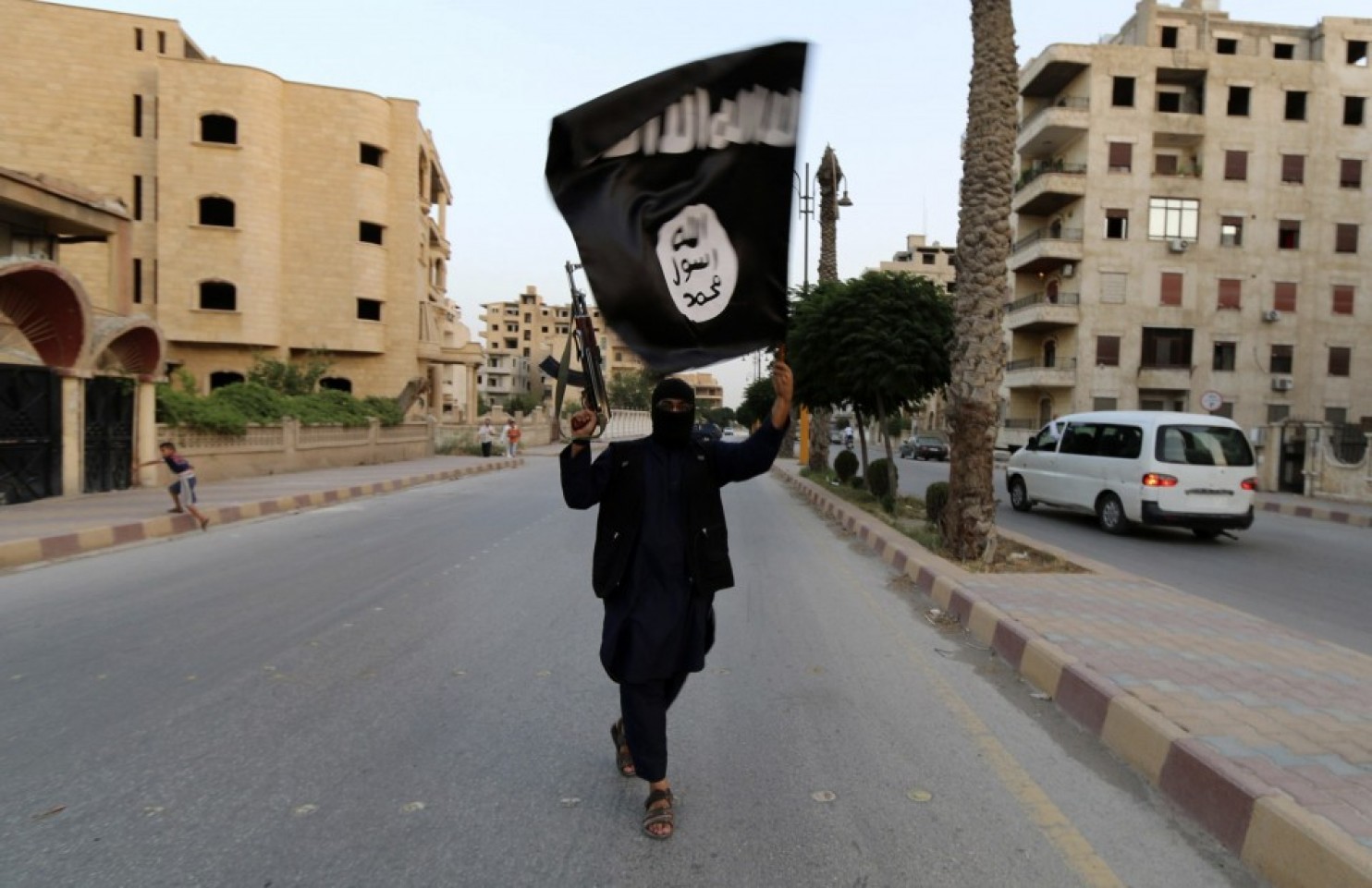AhlulBayt News Agency - A recent trove of documents linked to the Islamic State reveals an increasingly pronounced phenomenon: Many of the young recruits to the extremist organization don't know much about Islam.
In a report published this week, the Associated Press analyzed the entry form documents of some 4,030 foreign recruits who entered Syria to join the outfit between 2013 and 2014. Some 70 percent of the recruits were listed by their handlers as having only "basic" knowledge of Islamic law; only 5 percent were considered "advanced" students of Islam; just five recruits were found to have memorized the Koran.
The materials were obtained by a Syrian opposition website and shared with the AP. The news agency suggests that the Islamic State "preys on this religious ignorance" of its foreign recruits, "allowing extremists to impose a brand of Islam constructed to suit its goal of maximum territorial expansion and carnage as soon as recruits come under its sway."
This reading is consistent with further investigations into the religiosity -or lack thereof- of many of the lone-wolf assailants who declared fealty to the Islamic State and carried out attacks in the past year in various cities in Europe. As an analysis put out by a Brussels think tank framed it, the current generation of jihadists is more likely to be "Islamized radicals" than "radical Islamists." These are loners, misfits and socially maladjusted youths who are vulnerable to the puritanical promises of the Islamic State, and able to embrace its nihilistic agenda.
Over the past year, the Islamic State's foreign recruitment has been on a downward trend, thanks to the group's significant battlefield losses as well as tighter Turkish border controls.
The findings also raise questions about the importance of the brand of Islam preached and believed by the Islamic State's jihadists. A great deal of ink has been expended on the nature of the group's ideology, the fervor of its adherents and the messianic delusions of its fighters.
"Muslims can reject the Islamic State; nearly all do," Graeme Wood wrote in a widely-read cover story in the Atlantic. "But pretending that it isn't actually a religious, millenarian group, with theology that must be understood to be combatted, has already led the United States to underestimate it."
The evidence surrounding the Islamic State's foreign recruits, though, increasingly shows that parsing religious dogma won't help getting to grips with the security threat. Take this one anecdote from the AP's story:
Among the documents were forms for nine of 10 young men from the eastern French city of Strasbourg, all recruited by a man named Mourad Fares. One of them, Karim Mohammad-Aggad, described barhopping in Germany with Fares. He told investigators that ISIS recruiters used "smooth talk" to persuade him.
He'd traveled with his younger brother and friends to Syria in late 2013. Two died in Syria, and within a few months, seven returned to France and were arrested. Mohammad-Aggad's brother, 23-year-old Foued, returned to Paris and was one of the three men who stormed the Bataclan in a night of attacks Nov. 13 that killed 130 people.
"My religious beliefs had nothing to do with my departure," Karim Mohammad-Aggad told the court, before being sentenced to nine years in prison. "Islam was used to trap me like a wolf," he said.
The 31-year-old attacker who mowed down dozens in the French city of Nice last month had a similar profile -he smoked and drank, even in the holy month of Ramadan and, in the words of French Interior Minister Bernard Cazeneuve, "radicalized his views very quickly."
The flimsy, confused ideology of Islamic State recruits and their proxies who remain in or return to the West makes it particularly difficult to track or ward off radicalization.
"We are now facing individuals," said Cazeneuve, "who are responding positively to the messages issued by the Islamic State without having had any special training and without having access to weapons that allow them to commit mass murder."
/149
source : Washington Post
Wednesday
17 August 2016
8:09:25 AM
772515
ISIS jihadists more likely to be 'Islamized radicals' than 'radical Islamists': Research

A recent trove of documents linked to the Islamic State reveals an increasingly pronounced phenomenon: Many of the young recruits to the extremist organization don't know much about Islam.
